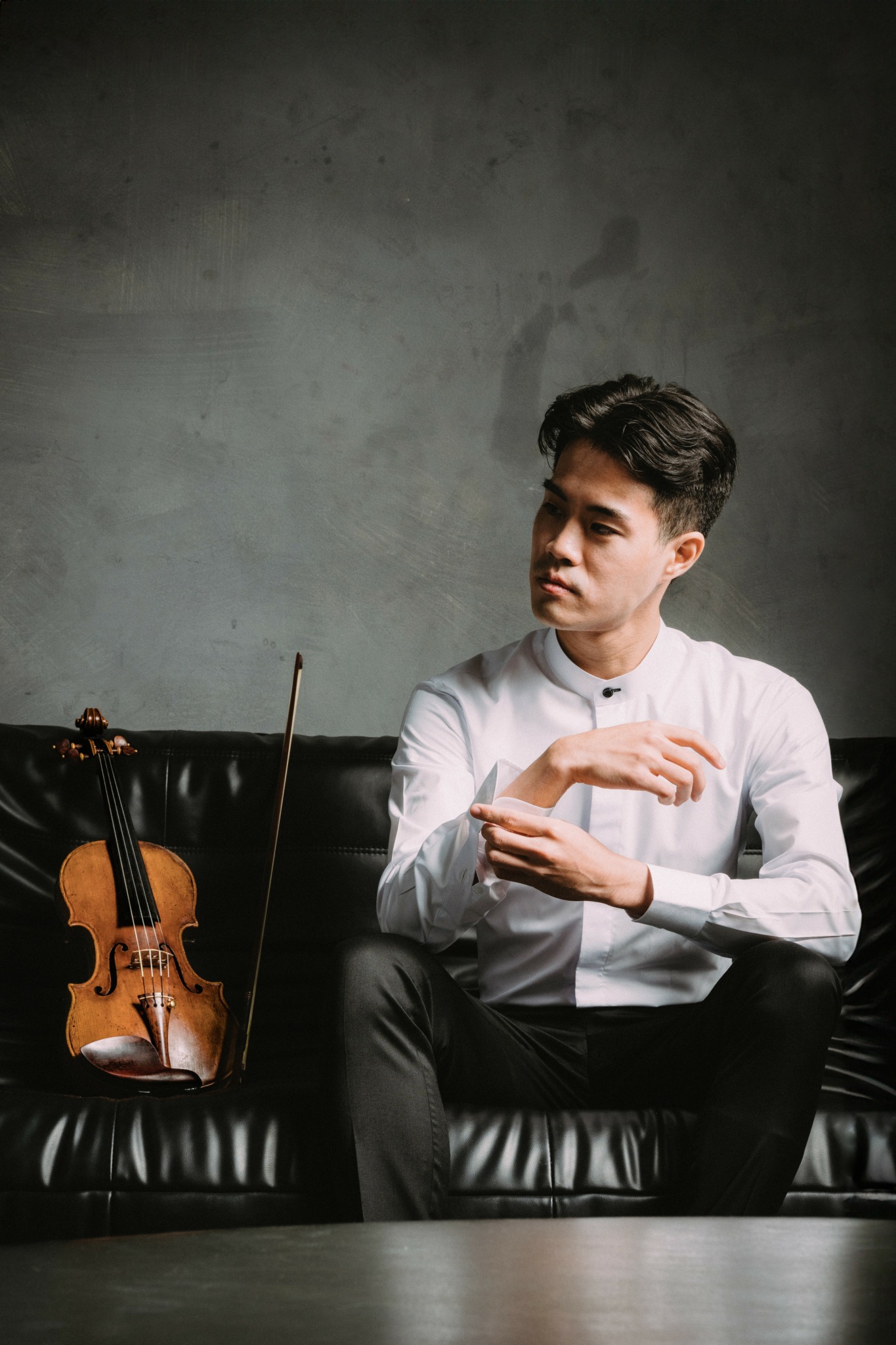We caught up with the brilliant and insightful Eric Tsai a few weeks ago and have shared our conversation below.
Eric, thanks for taking the time to share your stories with us today Can you talk to us about a project that’s meant a lot to you?
In January of this year, I embarked on the biggest undertaking I’ve been involved with up to this point in my career: co-creating SPIRITUS, a chamber music festival in Long Island. The initial inspiration was simple; I wanted to create an opportunity for world-class music-making and meaningful social interaction to collide in a concentrated sphere of performance and festivities. Something bigger than a concert – more than just a gathering – a real weeklong celebration of chamber music in a community where it would be able to bring visible artistic impact. I hatched the idea with two other colleagues, and we began working together on this formidable task.
The location was easy to decide; I’m finishing my doctorate at Stony Brook University, and I knew that during the summer there was a lack of a strong presence of classical chamber performances in the surrounding community. The hope was that there would be a strong enough interest in the existing audience base to sustain a thriving festival in the summer season, and that is what I sought to explore as I worked to put the festival together.
Musicians are generally not trained to put together projects; most conservatories in the country have very weak professional development training, and because of this, I had to rely on other experience and advice from many people as I engaged in the administrative side of creating a festival. Apart from securing venues and recruiting artists, there were also basic administrative tasks like finding insurance, securing housing and transportation, forming partnerships with various local businesses, and so many other things I would have never known goes on behind the scenes of a big production. Fundraising has also proved to be a formidable task, and it has required a lot of creativity to make our budget work. However, in the end, our goal remains clear: we want to bring music at the highest level to those who might be able to find hope, healing, and joy in it, and to create an opportunity to bring the community to come together through the power of the arts.
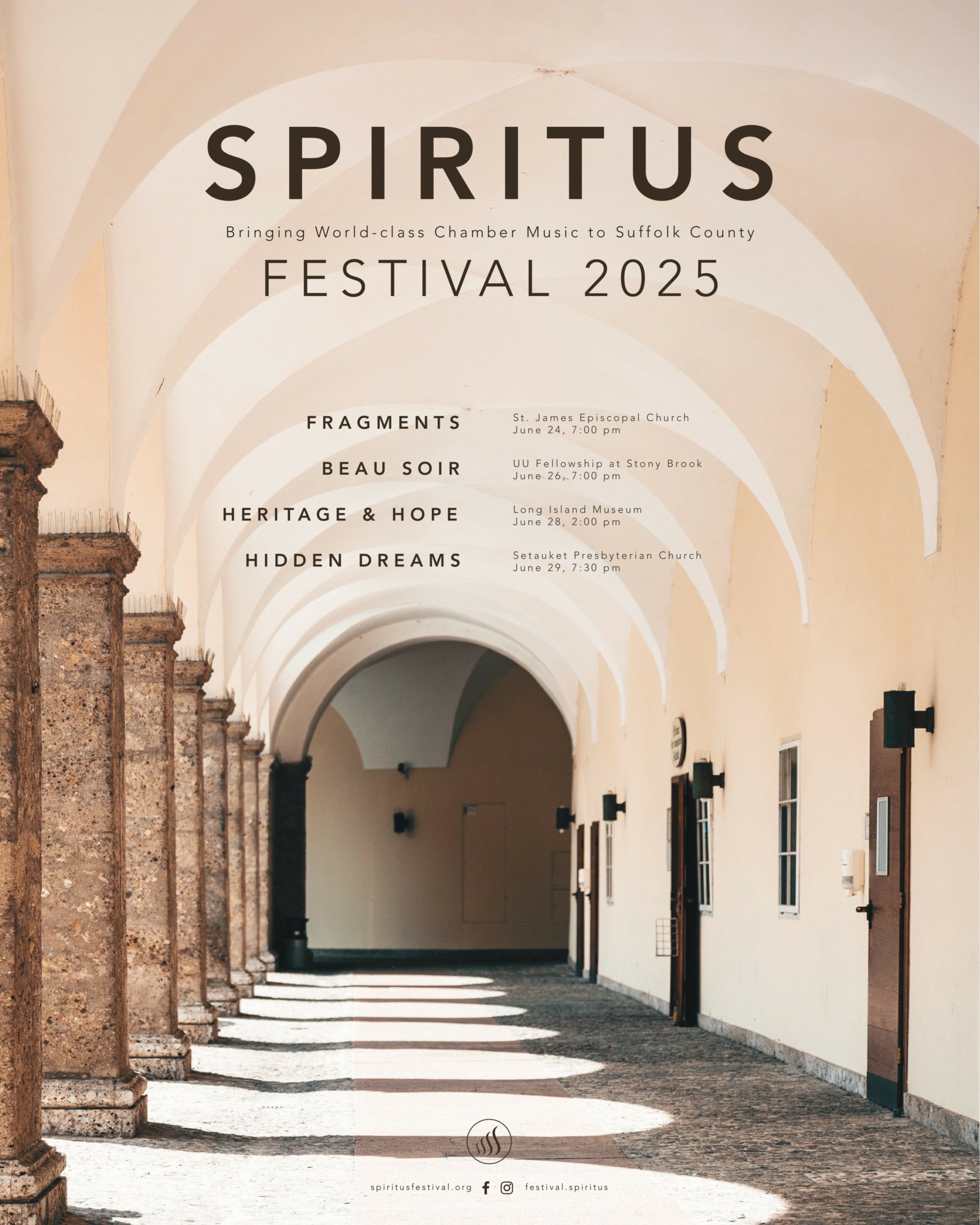
Eric, before we move on to more of these sorts of questions, can you take some time to bring our readers up to speed on you and what you do?
I am a classically trained violinist – I’ve been playing the instrument for as long as I can remember and at this point it’s hard to imagine my life without the violin. For me, performing is a societal necessity – I don’t think of my music as “entertainment,” but rather as a emotional and spiritual force that can heal, bring joy, soothe hearts, and break down unseen barriers. My goal each time I perform is to deliver a message – yes, the composer’s message but also my own – to my listeners and to speak to their hearts in a way that even words cannot.
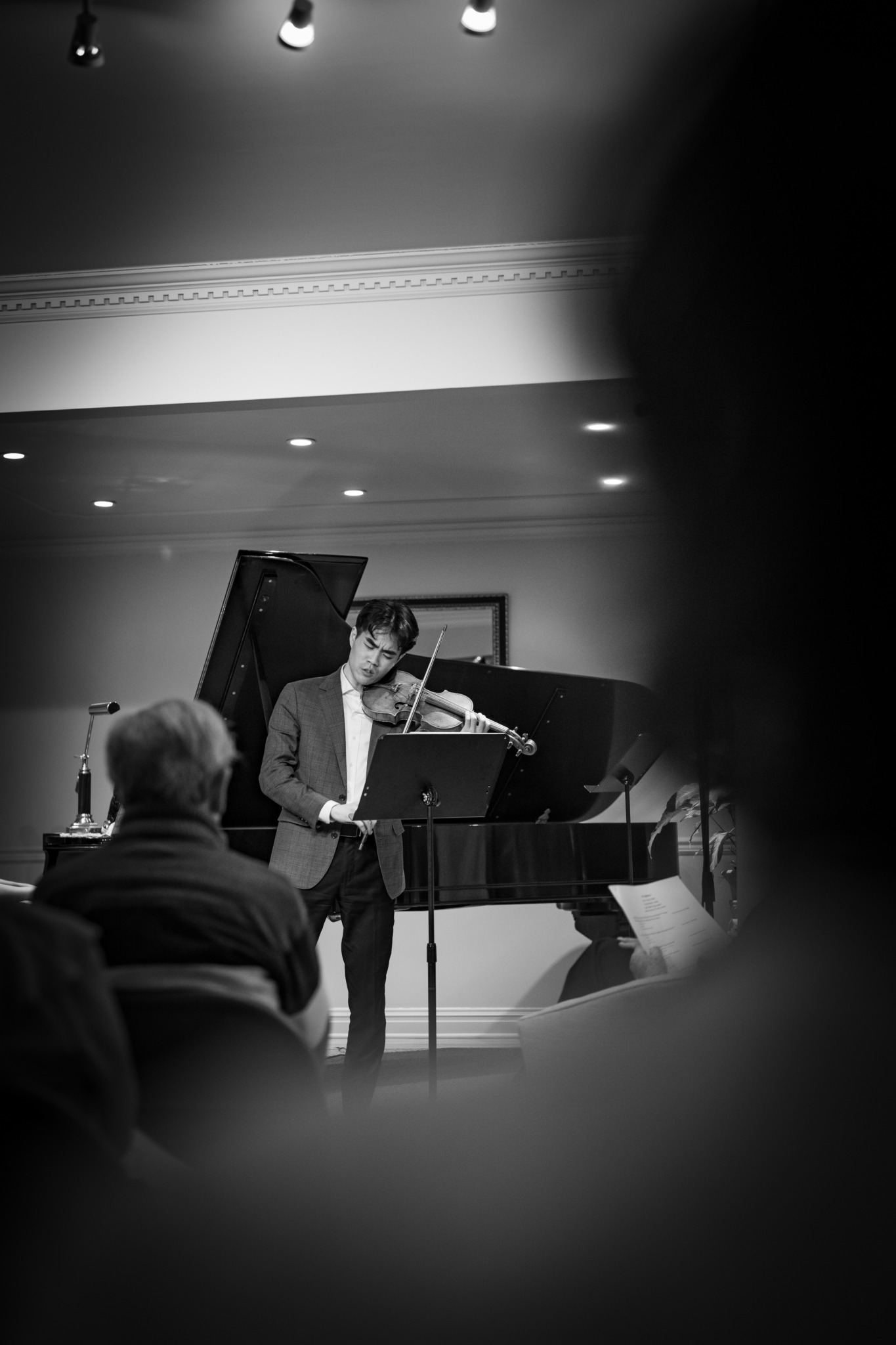
Is there a particular goal or mission driving your creative journey?
I would love to see SPIRITUS grow to the point where a substantial part of the surrounding community is eagerly looking forward to attending each summer season. I think that this involves not only providing world-class quality in our musical performance, but also finding ways to creatively break down any perceived or unnecessary barriers that might hinder audiences from fully enjoying what we are seeking to bring. For example, one of our events this season is in the form of a lecture-recital where we will be presenting Schumann’s Piano Quintet; we’ve invited a brilliant pianist and speaker from Juilliard to give a brief lecture before the performance that includes historical context, a background of what chamber music (especially a piano quintet) is all about, and small excerpts of the piece that will be used to demonstrate what’s so great about this particular piece. After the performance, we’re also partnering with Ivy Hermit from Manhattan, who will be bringing their amazing cold-brewed teas to share at the reception (speaking of receptions, each of our concerts will include an amazing reception afterwards!)
Another thing we’re experimenting with this year is naming each concert with a specific title (for example, our first concert is titled “Fragments,” our second one “Beau Soir,” and so forth). Alongside our larger season theme “Tales of Yesterday, Today, and Tomorrow,” we’re trying to explore sub-themes that will transport the listener into a world where they are free to imagine, explore, and dream. There will be a lot of story-telling, dialogue, and reflection woven into the fabric of each concert, and our hope is that anyone who attends one of our performances will be able to leave feeling a sense of new hope, healing, and rest. So in a sense, I would say that the festival is really an invitation for our audiences – opening up a space to reflect and receive.
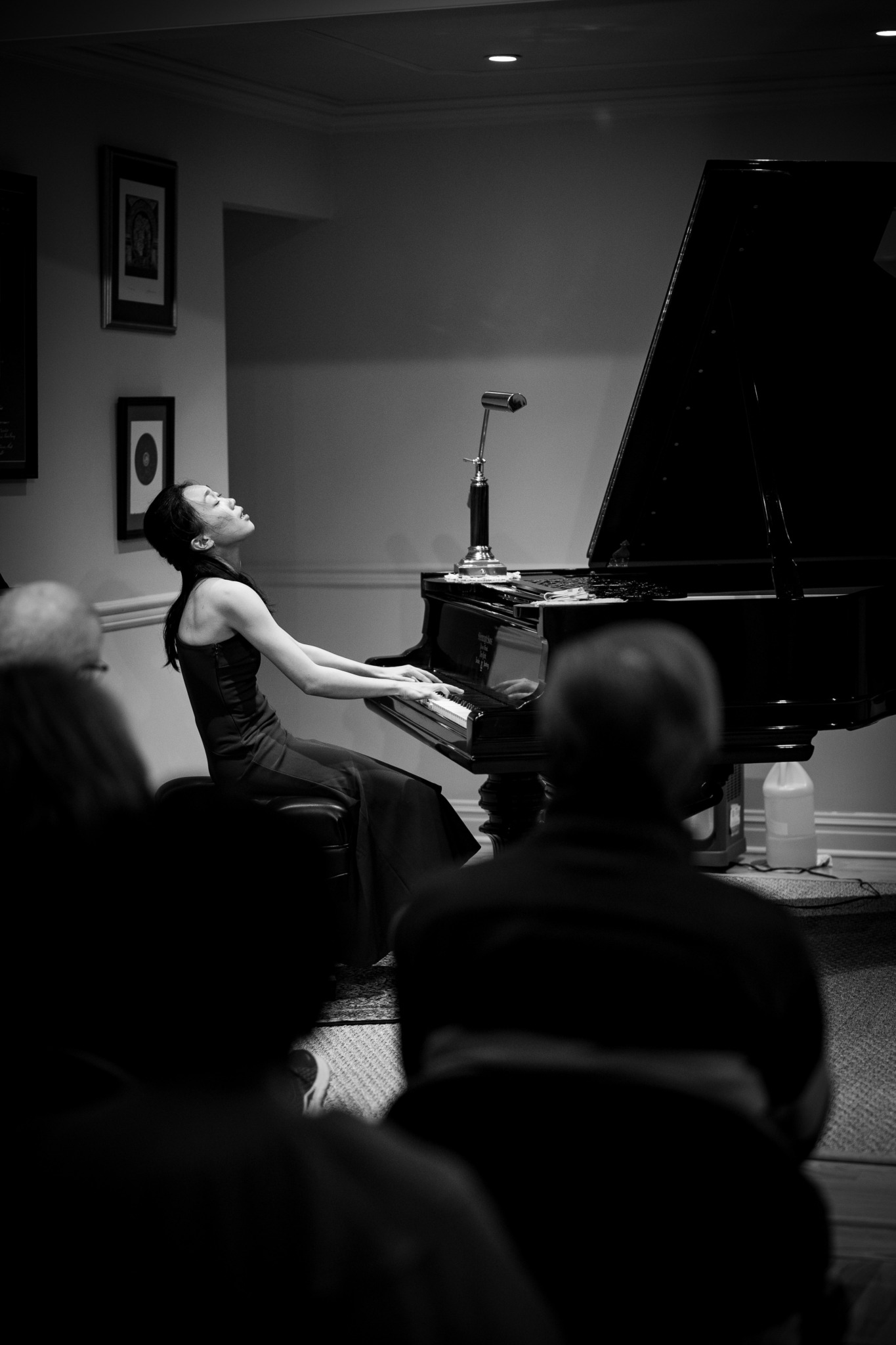
What’s a lesson you had to unlearn and what’s the backstory?
I can sometimes tend to be a micro-manager in my work, which has served me well in developing my craft as a violinist, but also is not the greatest when working with anyone else besides myself! Over the course of building this festival, I’ve had to learn various ways of interacting with presenters, venues, and my other co-directors – oftentimes this means taking a step back and trying to remind myself of the bigger picture and ultimate goal. I would say that this process has grown me a lot as a person and as a leader, and I’ve learned a lot about how to motivate people to share a common vision.
For example, one of the things that quickly became apparent early on is that (at least in this particular community) phone calls often garner a better response than emails. I absolutely hate cold-calling people – I’d much rather put together a well-crafted email and schedule send it at my convenience! But I had to adjust and learn how to accommodate, even if that meant having to leave several voicemails and anxiously waiting for a call back, struggling with a bad phone reception, or dealing with people simply not being interested in my proposal. I will say that my OCD tendencies have really had to take the back seat these last few months! But through the process, I’ve learned how to compose myself more quickly, pitch my ideas more persuasively, and deal with various kinds of responses. I think that all throughout this experience, I’ve grown so much as a person and also as an artist, and I’m just so excited for what’s to come in this season and beyond!
Contact Info:
- Website: https://www.spiritusfestival.org
- Instagram: https://www.instagram.com/festival.spiritus/
- Facebook: https://www.facebook.com/festival.spiritus/
- Other: Mailing List:
https://bit.ly/mailing-sign-up
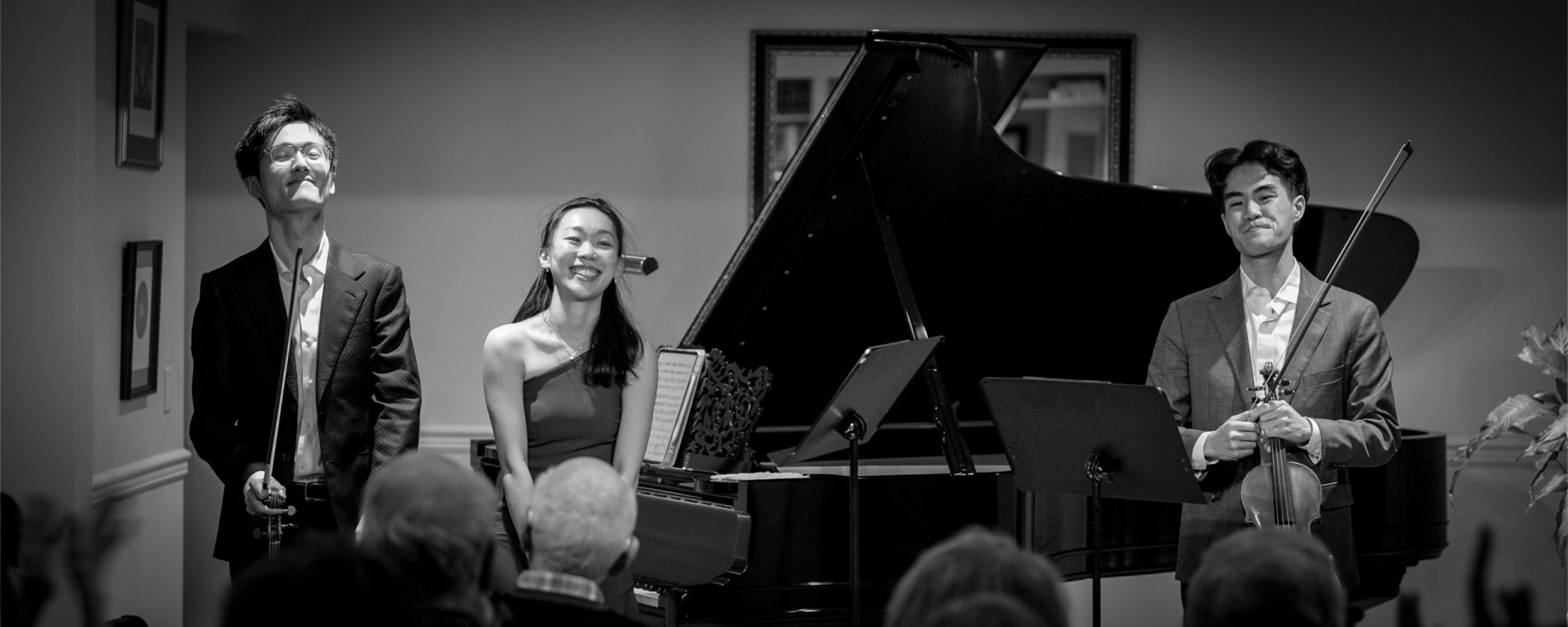
Image Credits
Kevin Hsu
Kevin Kyaw


